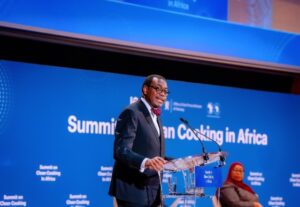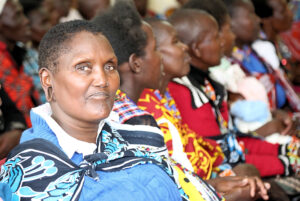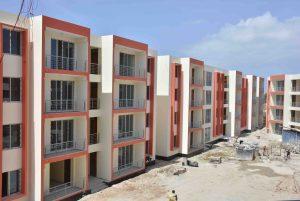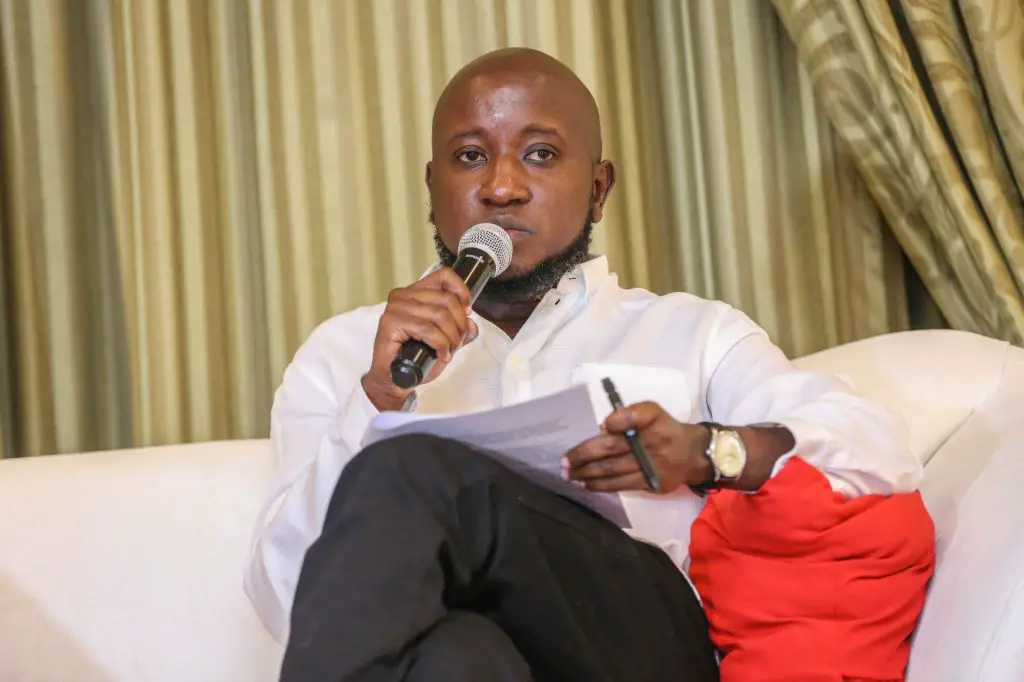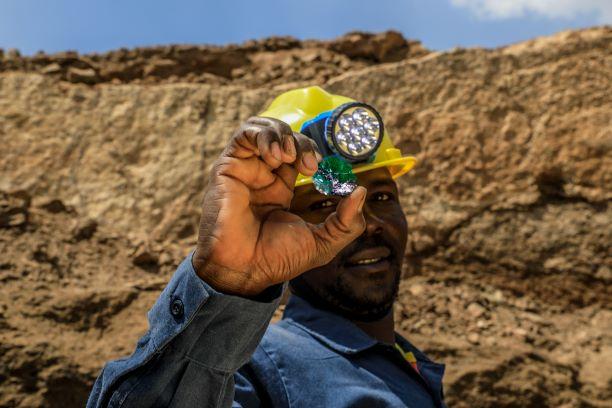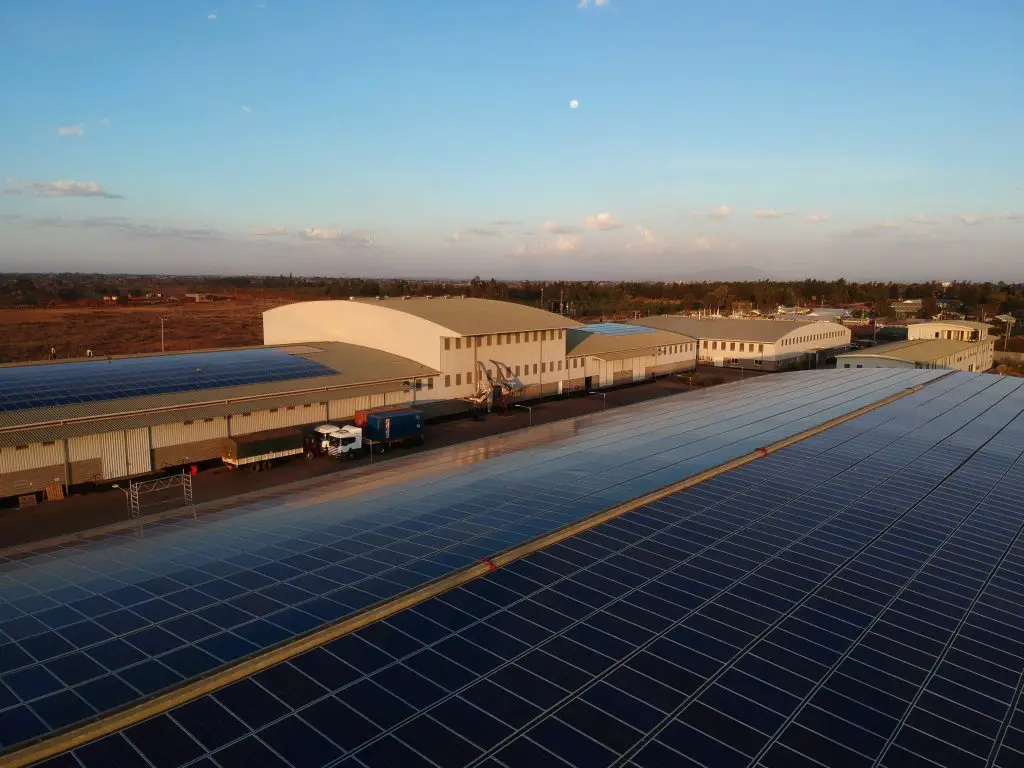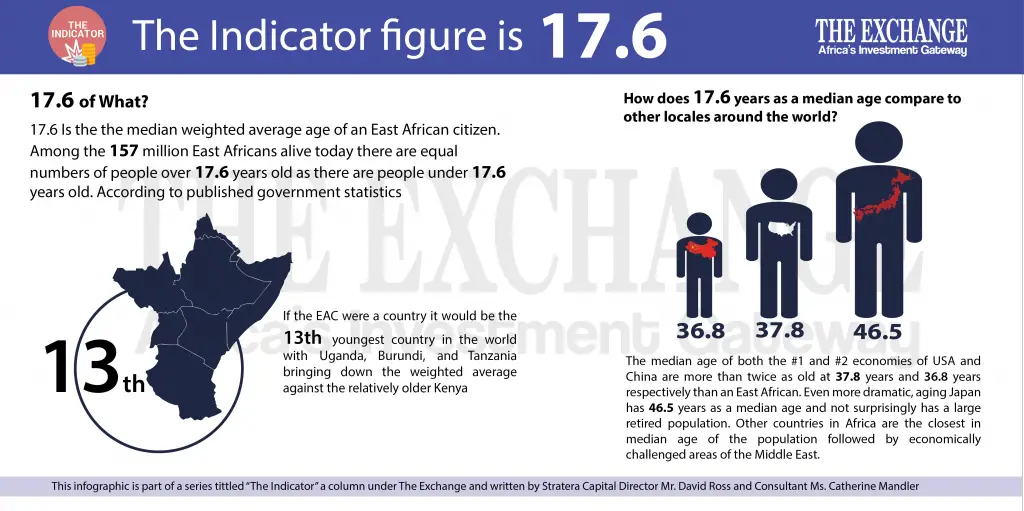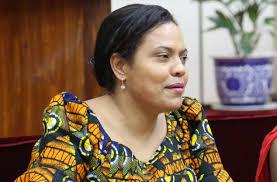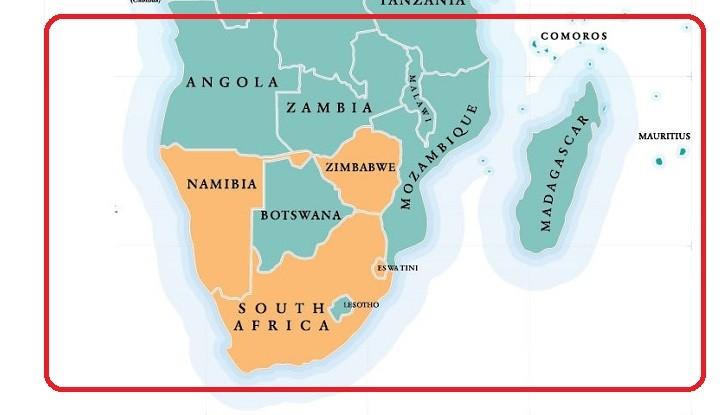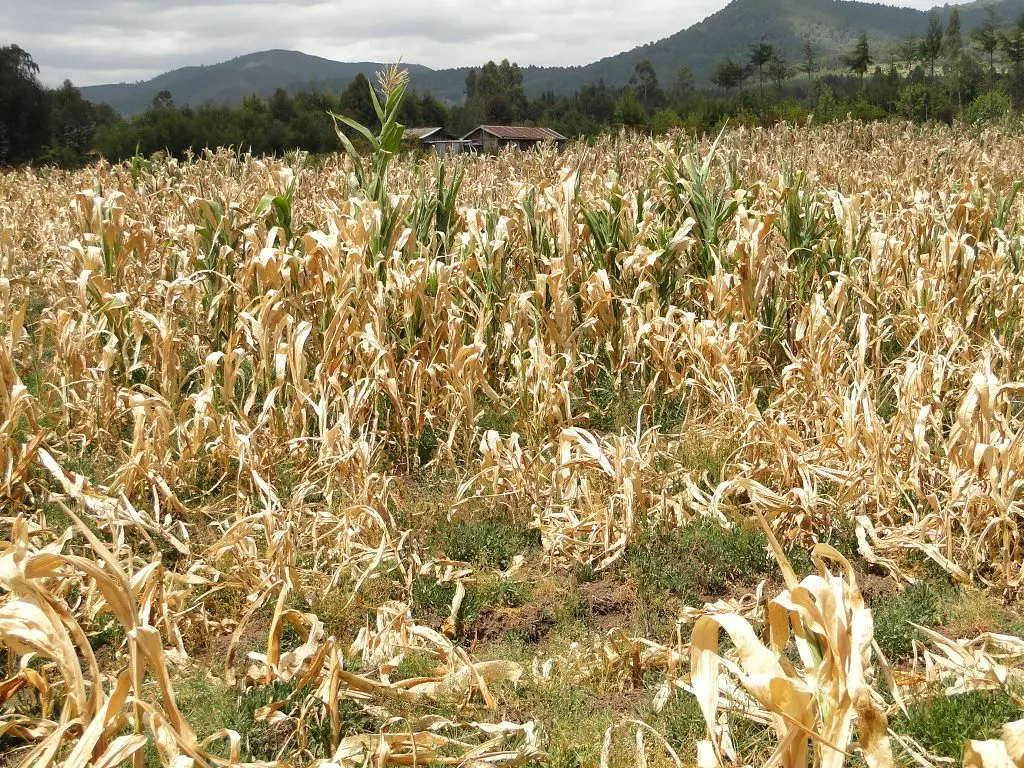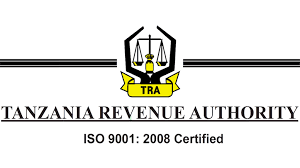- AfDB commits $2 billion to revolutionise clean cooking in Africa, save forests
- The harsh realities of family laws for African women revealed
- Kenyan home buyers shift preferences, seek affordable housing despite market downturn
- How startup Yeeo is shaping the future of business contacts with eco-friendly innovation
- Stakeholders in Nairobi seek to unlock Kenya’s green jobs potential
- Alarming surge in online child exploitation sweeps Africa
- Beijing tightens China-Africa grip as trade rivals US, Russia seek bigger slice
- Exploring the Forex CFD Trading Landscape in Africa in 2024
Month: April 2019
Civil societies in Kenya exploring underlying social and economical issues affecting Oil and Gas benefits in Kenya
Civil societies in Kenya have called for greater scrutiny of Kenya’s oil and gas industry to ensure there is maximum benefit both for the country as well as for the society. The issues raised during a media round-table in Nairobi included compensation, use of oil revenues and infrastructural development.
There is evidence of roughly 600 million barrels of oil in the two “blocks” of oil reserves currently being tapped in Turkana by a group of partners led by London-based Tullow Oil. But initially, production will be very limited pending construction of an 821-kilometer oil pipeline to a seaport in Lamu, Kenya, which is forecast to be completed by 2022.
However, Kenya Oil and Gas working group is calling for audit of the contracts of oil mining to ensure they follow international standards.
According …
Sawa Minerals works with small-scale miners who make a huge contribution to the global minerals trade by utilising blockchain-backed smart contracts
Sawa Minerals, a tech-driven company has launched a platform that will transform the lives of many African miners.
The blockchain backed smart contracts platform has been designed in such a way that it is easy to buy ethically mined minerals from artisans and small scale miners (ASM) across Africa and the developing world in a transparent manner.
The name ‘Sawa’ is Swahili for “fine”, “all good” or “no worries”. One of the co-founders Mr Kali Angwa said they settled on the name because it captures the purpose of the platform.
Sawa Minerals is a platform where stakeholders are not worried about fraud; where buyers are assured of ethically mined, genuine minerals; where miners are assured of decent pay. The platform will be guided by the principles of fair treatment …
Initial solar plant by Rendeavour is expected to produce enough power for 8,500 people per year
Rendeavour, a real estate developer based in Nairobi Kenya has installed its first solar power plant in Kenya, as part of a 30 MW strategy for Tatu City, the company’s new city development in Nairobi.
The installation is in line with Rendeavour’s long-term commitment to environmental conservation through harnessing renewable energy sources. The solar power plant – installed on the roof of Dormans Coffee’s global headquarters at Tatu Industrial Park – provides 1 MW of electricity. Installation of the entire plant, including 15 kilometers of cables, took only six days.
Tatu City’s strategy is to install solar panels on all rooftops at the industrial park, the largest in East Africa, said Nick Langford, Kenya Country Head for Rendeavour, Tatu City’s owner and developer.
Read also: Tatu City partners with Karibu
Tanzania endeavors to become a middle-income economy by 2025 with a desired per capita income of USD 3000; this will be a monumental step towards economic development and growth for the country.
These aspirations can only be achieved by investing in human capital, in particular creating equal opportunities for women and men. Human capital is the driver of economic transformation and according to the National Bureau of Statistics (NBS) the population currently stands at 54 million and is projected to reach 67 million by 2025. Currently, women comprise 51.3 percent of the population, and while they play a key role in household resilience and sustaining livelihoods within Tanzania’s current economy, they face considerable challenges in other areas. For Tanzania to realize its development ambitions to attain middle-income status, these obstacles need to be addressed in order to create a level playing field that empowers women to be involved in the …
The Southern African Clothing and Textile Workers’ Union (SACTWU) has welcomed the announcement by Swedish global retailer H&M that it will be collaborating with South African designer, Palesa Mokubung, and her label, Mantsho.
On Tuesday, H&M announced its first African collaboration with Mokubung’s label, which was established in 2004 and has since graced numerous runways in Greece, India, the United States, Jamaica, Nigeria, Botswana and Senegal.
Until now, none of the products sold in H&M’s 23 local stores has been made in South Africa.
SACTWU said in a statement that it was a long-standing supporter of Mokubung’s work, citing how the Mantsho label was featured as far back as at its 2008 Fashion Festival held in the cutting room of the Levi Strauss SA factory in Cape Town.
Andre Kriel, SACTWU general secretary, said the union and its clothing, textile, footwear and leather (CTFL) members were looking forward to seeing …
The indicator in question in this column is figure 17.6.
17.6 of what?
According to published government statistics, the median weighted average age of an East African citizen is 17.6 years old. Among the 157 million East Africans alive today there are equal numbers of people over 17.6 years old as there are people under 17.6 years old.
So how do 17.6 years as a median age compare to other locales around the world?
If the EAC were a country it would be the 13th youngest country in the world with Uganda, Burundi, and Tanzania bringing down the weighted average against the relatively older Kenya. To add perspective, the median age of both the #1 and #2 economies of the USA and China are more than twice as old at 37.8 years and 36.8 years respectively than an East African. Even more dramatic, ageing Japan has 46.5 years as median …
The Tanzanian government has pledged continued support to Chinese investments at the 2019 Tanzania-China High-level Investment and Business Environment Dialogue in the commercial capital Dar es Salaam on April 17, 2019.
The Minister of State in the Prime Minister’s Office responsible for Investment, Angellah Kairuki, said Chinese investment has had and will continue to play an important role in helping us reach our goal of attaining a middle-income country status by 2025.
She said as the two countries marked 55 years of diplomatic relations this year, Tanzania was committed to continuing working closely with China, particularly through mechanisms within the Forum on China-Africa Cooperation that promotes government and private investments. However, it is unavoidable that some misunderstandings may occur in the rapidly growing and wide-ranging economic relations and trade, she told the event.
“Even so, it is my sincere belief that cooperation and common development will continue to represent the …
Southern Africa is home to about 209 million people, and its population has grown by about 2.4 per cent a year since 2010.…
Among those who require immediate early action are 10.7 million people across Somalia, Kenya, Ethiopia and the Karamoja region in Uganda.…
The Tanzanian government has been losing about Tshs.4 billion ($1.7 million) per month in uncollected taxes on locally produced cigarettes and alcoholic beverages before Electronic Tax Stamps (ETS) started being used in January 2019.
The Tanzania Revenue Authority (TRA) Commissioner General, Charles Kichere told reporters on April 16th that in March 2019, TRA collected Tshs.42.8 billion ($18.6 million) on the on cigarettes and alcoholic beverages which is an addition of Tshs.3.5 billion ($1.5 million) compared to Tshs.39.3 billion ($17 million) collected the same month last year.
The Commissioner General said the lost revenue is estimated to be higher than that because some producers are yet to enter ETS due to some reasons and the real amount of money that was being lost will be known once all manufacturers use the new tax system.
He said all local manufacturers as well as importers of cigarettes and alcoholic drinks have until …
